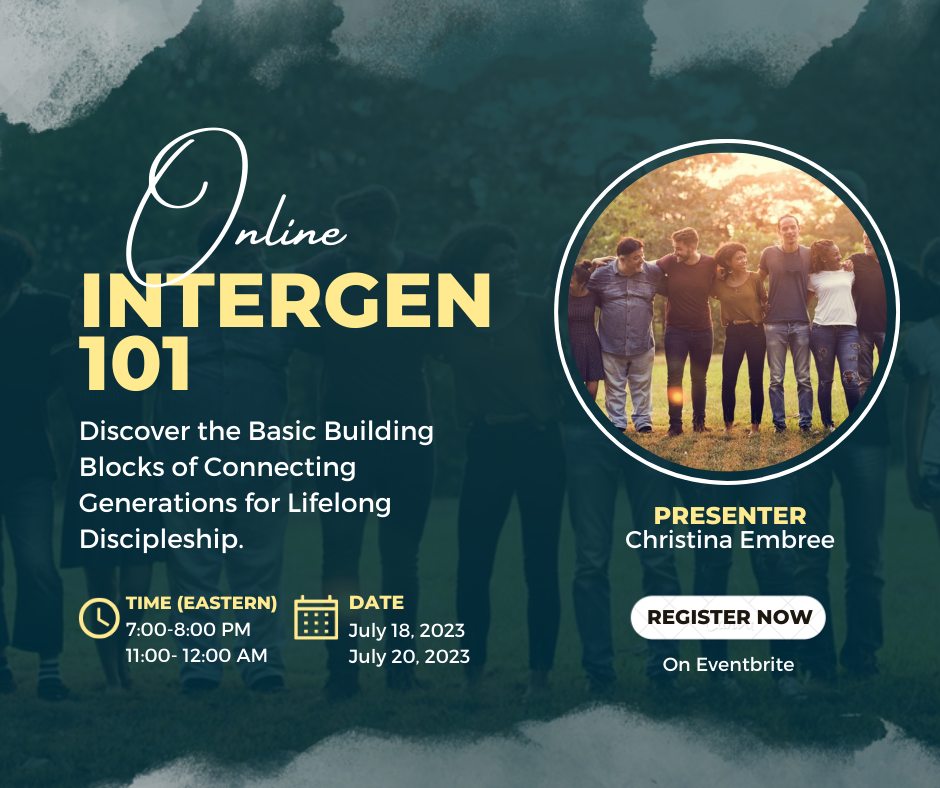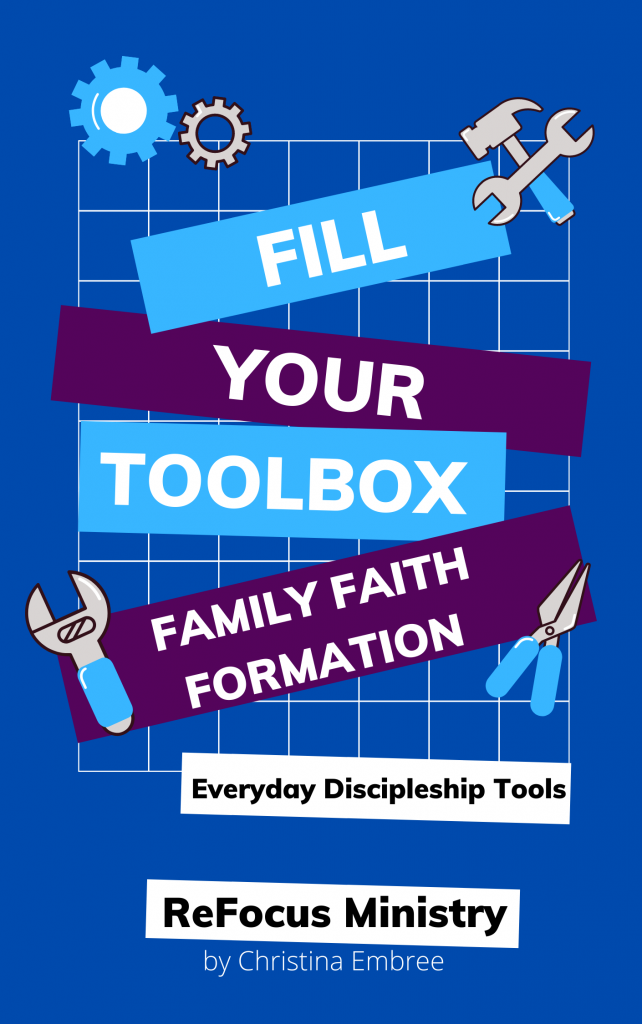For those of you who follow are friends with me on Facebook. you know that I just got back from an epic trip to New York where I got to see, not one, but two Broadway shows. My musical theater bucket is full!

While there, I couldn’t help but notice that at both shows, a number of parents had chosen to bring their kids. I overheard one mom saying this was what her child had asked for for her birthday. Another explained he wanted his kids to have exposure to the theater as they grew. Another couldn’t help asking her middle-school aged kids what they thought of the seats, the costumes, the actors, etc. And, as one might expect, the kids acted like kids at the show. Some cheered a bit too loud. There were definitely potty breaks. Lots of questions being asked. A few outbursts or muffled conversations.
Interestingly, I didn’t see any adults get visibly upset. No ushers came over to ask the parents to remove the children from the performance. I did see a few people greet the kids, smile at the parents, ask the kids what they thought, and otherwise interact with the children, but no overtly negative reactions.
It reminded me of when my oldest daughter went with her dad one year to see The Nutcracker Ballet at Christmas. She was quite young at the time. but she and her dad dressed in their finest; she even got put her hair in an up-do, and off they went. It was a long show. There were many in attendance, almost all older than her. While she loved being with her dad and seeing the show, she was also a preschooler so she wiggled and squirmed and squealed and giggled. She had to go to the bathroom. She got hungry and wanted snacks.
But when she got home, she beamed.
I asked her to tell me about it and all she could remember was the scene with The Rat King (Oooo…scary!). I asked my husband to tell me about it and much of what he could remember was her wiggliness. But then I asked if people seemed bothered by her and he said, “No. Actually I had a few people compliment me on bringing her to the ballet.” I posted an adorable picture of their date on Facebook and many similar comments were posted, things like, “So good that you are giving her this experience at such a young age” and “This is exactly what kids should be experiencing.”
Surprisingly not one person commented, “Hmm, seems like a waste of money to me. I mean, did she even understand anything?” Nobody criticized us for forcing her to sit through a long performance filled with imagery and dialogue she couldn’t follow. No one complained about her fidgeting or her outbursts. And nobody questioned whether this was beneficial for her.
Because everyone recognized, it wasn’t about her understanding the “story” of The Nutcracker or her watching the ballet with a critical eye or even her sitting still through the performance.
Just like those parents who brought their kids to a Broadway show last week, it was about giving her an experience, a total package, filled with sights and sounds and smells and stories that could be felt and experienced even if they couldn’t be understood or comprehended.

I once had a mom share with me that the reason her kids didn’t always join us in Kids Church is because she wants to them to get to experience the traditional service at church, to hear the liturgy, to listen to the hymns, to be a part of a service that replicates the services that she grew up in and that have been part of their family’s tradition.
You see, for this mom, it’s not about her children understanding each word of the sermon or comprehending the history of the liturgy or the meaning of the hymns. It about the total package; the experience of being in church, surrounded by the things that have been formational for generations and by the people who make up the body of Christ. These children get to be seen, they get to see, and they get to experience church.
The church experience is much bigger than a sermon.
Big or little, child or adult, the sermon is only part of the whole experience. Not understanding the sermon in no way negates the rest of the experience. Seeing the people. Singing the songs. Giving our tithes and God’s offerings. Praying, at your seat or at the altar or in small groups or corporately as a whole church. Reading Scripture. Reciting psalms, hymns and spiritual songs. Smelling the incense. Tasting the communion elements. Serving. Celebrating. Fellowshipping. Communing with God and with each other.
It’s a total package.
And much of what is included in that package is not comprehended through the mind, but through the heart. It’s not things that require a certain level of development but things that are experienced through the senses and understood through emotions. A sense of belonging, a place in community, an important part of a body. All of that can be experienced, regardless of age.
As adults, we recognize that there is more to the church service than just the sermon. The same holds true for children. Giving them the opportunity to experience the total package is a gift; whether they understand parts of it or not.
An earlier published similar version of this blog post can be found on ReFocus Ministry’s blog here.
INTERGEN 101: THE BASIC OF CONNECTING COMMUNITIES FOR GENERATIONAL DISCIPLESHIP

Back by Your Request: Free Webinar on Intergenerational Ministry. TWO DATES, TWO TIMES!
Generational discipleship and connecting generations in community is a growing area of interest in children, youth, and family ministry. Join ReFocus Ministry for a free webinar that will give you the basic building blocks of intergenerational ministry as well as offer practical next steps and resources to identifying and connecting the generations present in your church today.
Register Online at Eventbrite at the links below
Family Faith Formation: Fill YOUR Toolbox
The heart of Family Faith Formation is families spending time together around the Word of God within the context of the larger faith community.
Many parents express frustration about the lack of support and equipping they experience when it comes to leading their kids spiritually at home. Churches often encourage parents that they are the ones who are called by God to disciple their kids but frequently don’t provide the training, experience and resources needed for them to feel adequately prepared for that work.
Our Fill Your Toolbox curriculum gives parents what they need and churches what they desire. Each block contains five lessons focused on introducing, learning, and practicing specific discipleship strategies.

Christina Embree is the founder and director of ReFocus Ministry. She holds a masters in ministry focused on Children, Youth, and Family Ministry and a doctorate in spiritual formation with a focus on age segregation and intergenerational ministry. In addition to coaching churches of multiple denominations and traditions all around the globe, Christina serves as the Minister of Generational Discipleship for the Great Lakes Conference of the Brethren in Christ and as a pastor at Plowshares Brethren in Christ in Lexington, Kentucky. She is widely recognized as a speaker and author in the areas of generational discipleship, intergenerational ministry, and family ministry. As the mother of three children, she is familiar with the challenges of faith at home and pastoral ministry. She along with her husband Luke share a love for the church, their community, and the global work of peace and restoration through Jesus.



